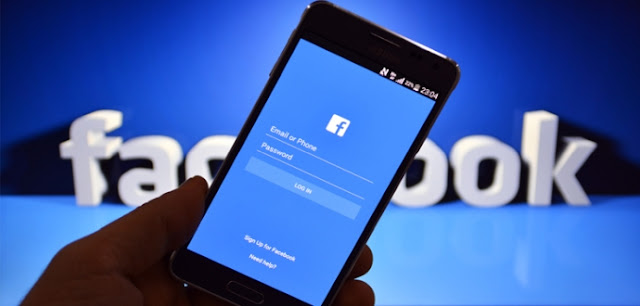How to protect your smart phone from being Hacked
Smartphones are almost always connected to the internet, so it stands to reason that your phone hacked remotely. Hackers are always out there looking for entry points, and they seem to get more and more sophisticated as time moves along.Even if you keep your smartphone safe in your pocket or purse, it’s still at risk for picking up a virus or leaking data to thieves. Hackers don’t need physical access to your phone to steal your personal information or infect the device with malware.
- For starters, never open a link from a strange text message. This also applies to links in which you cannot see the full URL.
- Keep your phone up to date – always install software updates as soon as they become available.
- First, make sure your phone is password-protected. A recent McAfee study found that more than a third of users don’t use a password on their phones.
- More and more often, employees are using their personal smartphones for work in which companies load their own apps onto the employees’ personal phones, so if a hacker gets in, some corporate systems could be vulnerable, too.
- Install apps on your phone only if they come from a trusted source, such as the manufacturer’s app store.
- Avoid leaving your phone alone in a public place, such as on a restaurant table or on your office desk.
- Delete text messages from unknown senders that ask for your information, and avoid clicking links in messages. Some hackers send messages that appear to be from your bank or another trusted source.
- Access the Internet on your phone only from a secure Wi-Fi network. Wi-Fi networks that aren’t secure allow nearby hackers to intercept your data when you get online. Don’t do any shopping or banking on a public Wi-Fi network.
- Protect your phone with an anti-virus app. Check your phone’s app store to see what’s available for your device.
